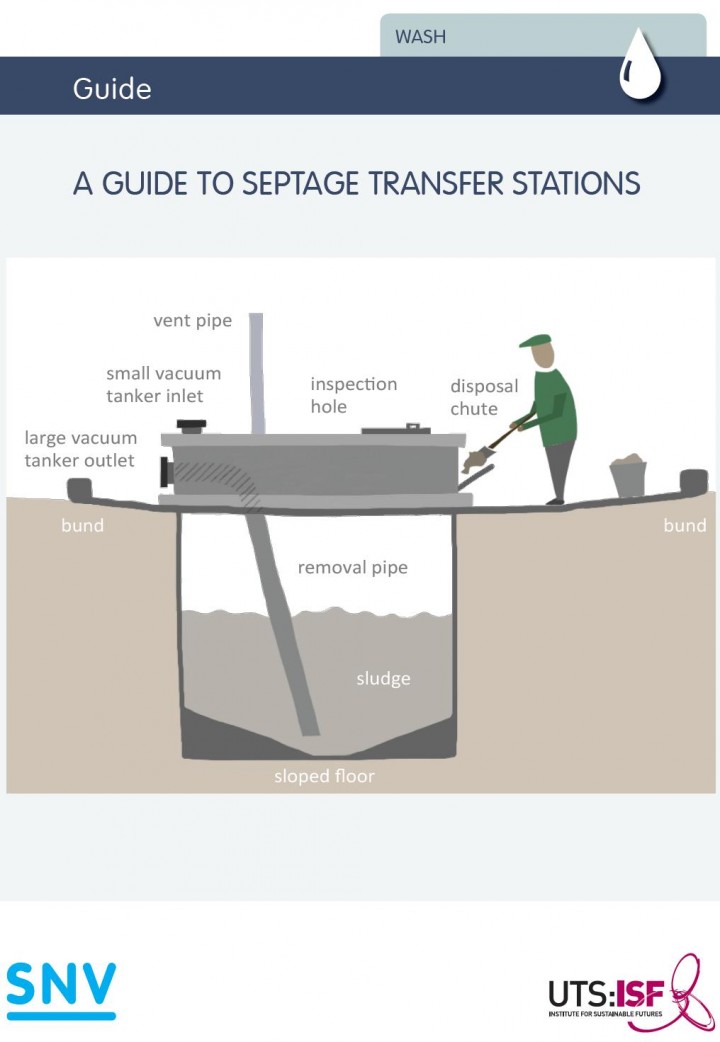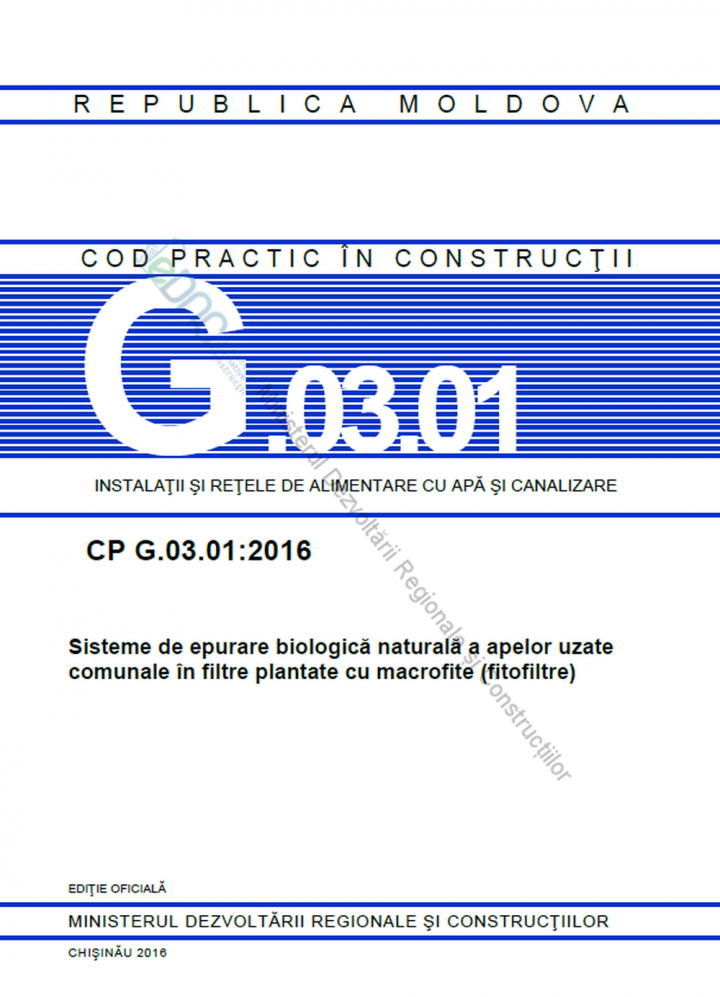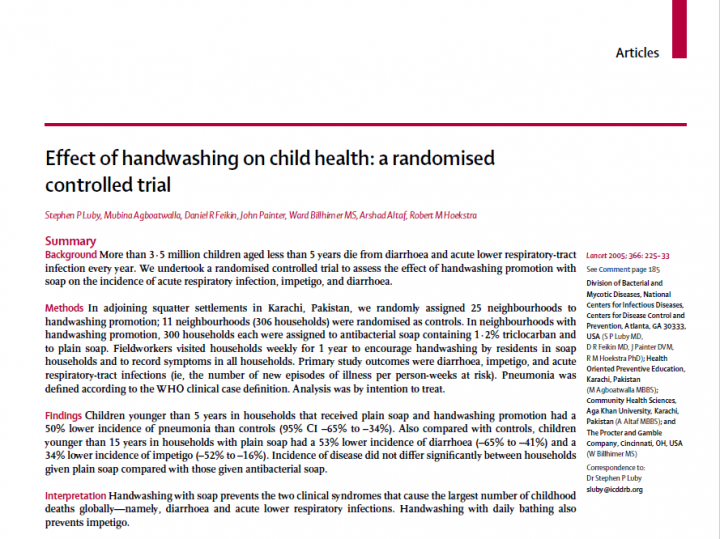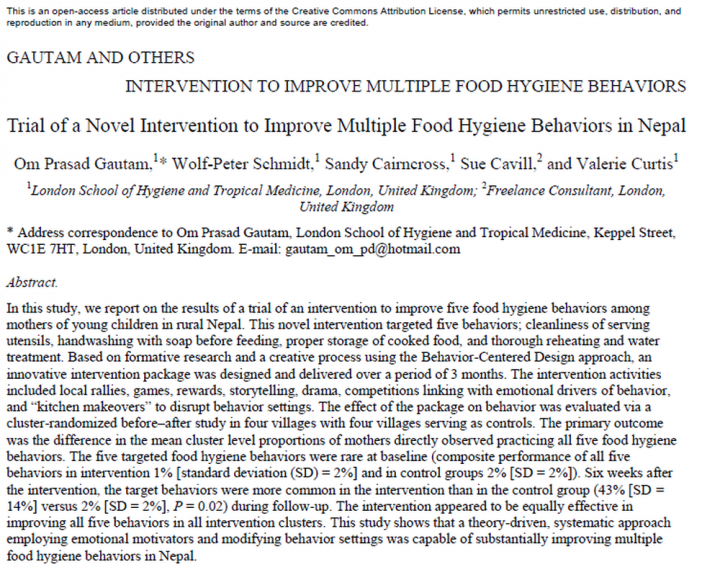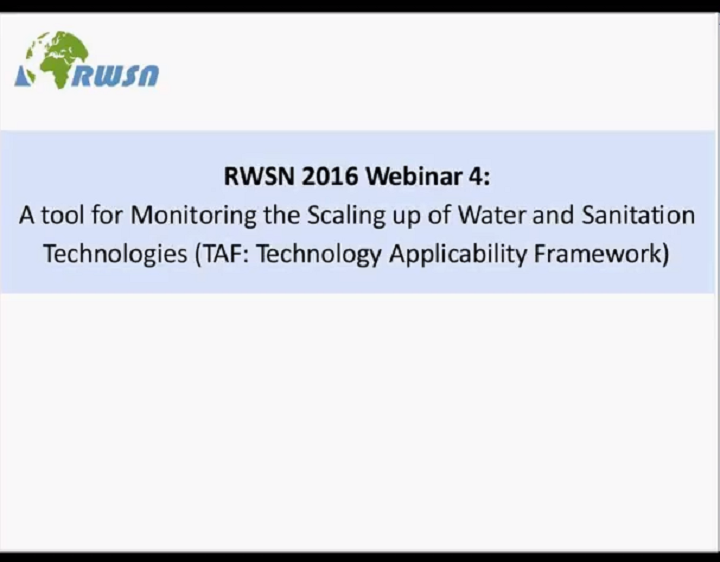Searching for information on Sanitation Workers?
The Sanitation Workers Knowledge + Learning Hub is the best source for all current news, trends, articles and updates on sanitation workers rights around the world.
The recycling of organic waste worldwide is not effective, which leads to water pollution and loss of potential crop fertilizers. Available resources have to be used more efficiently as the world population increases. An innovative solution is to use insects for the management of organic waste. Here, we used black soldier fly to convert organic waste into animal feed protein, as fly larvae, and …
How to finance sanitation systems was and still is a major challenge. Issue 24 of Sustainable Sanitation Practice (SSP) on „Financing sanitation“ shows three successful examples how sanitation can be financed. The papers presented in this issue are:
• David Auerbach describes the Sanergy Way for sanitation provision in urban slums in Nairobi, Kenya,
• Rochelle Holm et al. present a …
Increasing population growth leads to increased resource (water, food, chemicals and energy) demand. Concomitantly, increasing volumes of ‘used resources’, commonly considered waste, are produced. There is a growing awareness that the resources that could be potentially recovered from these used streams or wastes represent economic value and should not be lost. One of the greatest challenges …
This paper quantifies the factors explaining long-term improvements in child height for age z-scores in Bangladesh (1996/1997–2011), India (1992/1993–2005/2006), Nepal (1997–2011) and Pakistan (1991–2013). We apply the same statistical techniques to data from a common data source from which we have extracted a set of common explanatory variables that capture ‘nutrition-sensitive’ …
Septage transfer stations have the potential to significantly reduce the amount of faecal sludge entering the environment by providing a local solution for septage disposal. Localised transfer stations shorten the time required for local operators to collect and transport septage, and they will be able to use smaller vacuum tanks that can navigate the densely populated residential areas. This …
To-date, sanitation and waste management has mainly been approached from a public and environmental health perspective and this implies that excreta and other organic waste streams are seen not only as a hazard to quickly get rid of but also as only a very costly menace to manage. However, looking at sanitary and other urban organic waste streams from a resource recovery perspective provides an …
The 2017 edition of the United Nations World Water Development Report (WWDR) explores the issue of wastewater and its potential as a sustainable resource. However, the findings show how much work has to be done: “Worldwide, the vast majority of wastewater is neither collected nor treated. Furthermore, wastewater collection per se is not synonymous with wastewater treatment. In many cases, …
Abstract:
Relatively little research has been conducted to date on farmer attitudes towards the use of fertilisers from resource–oriented sanitation systems. This study employed a psycho–sociological approach to identify factors that encourage, or discourage, negative and positive attitudes to human waste recycling among farmers in southern India. A survey involving face–to–face …
More than 3·5 million children aged less than 5 years die from diarrhoea and acute lower respiratory-tract infection every year. A randomised controlled trial had been undertaken to assess the effect of handwashing promotion with soap on the incidence of acute respiratory infection, impetigo, and diarrhoea.
This Handbook is the product of six years of work by the first UN Special Rapporteur on the human rights to water and sanitation. It explains the meaning and legal obligations that arise from these rights, translating the often complex technical and legal language into accessible information.
This Handbook has been developed to:
•clarify the meaning of the human rights to water and …
















